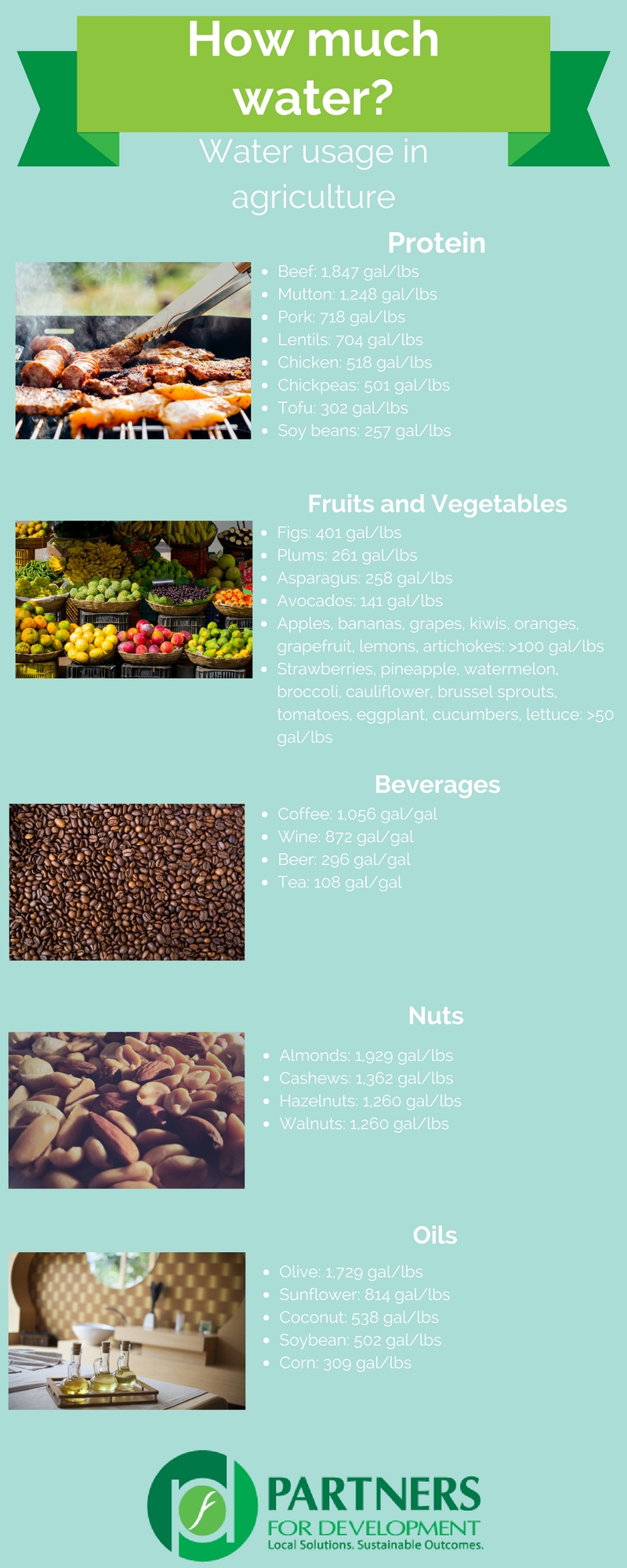World Water Week
 Each year the Stockholm International Water Institute holds a week-long conference on global water issues in celebration of World Water Week. Scientists, public figures, business leaders, and young professionals gather to discuss and problem solve the world’s most pressing water concerns. Last year’s WWW had over 3,200 participants representing 330 organizations and 130 countries.
Each year the Stockholm International Water Institute holds a week-long conference on global water issues in celebration of World Water Week. Scientists, public figures, business leaders, and young professionals gather to discuss and problem solve the world’s most pressing water concerns. Last year’s WWW had over 3,200 participants representing 330 organizations and 130 countries.
This year’s theme “Water and Waste: Reduce and Reuse” was inspired by two Sustainable Development Goals:
![]()
SDG 6, Target 3: “by 2030, improve water quality by reducing pollution, eliminating dumping and minimizing release of hazardous chemicals and materials, halving the proportion of untreated wastewater and substantially increasing recycling and safe reuse globally.”
![]()
SDG 12, Target 5: “by 2030, substantially reduce waste generation through prevention, reduction, recycling and reuse.”
PfD is actively working to reach SDG 6 in Nigeria. Currently 2/3 of the population does not have access to adequate and safe water and/or sanitation. Therefore PfD is implementing, WADA in Nigeria. PfD is strengthening the capacity of local institutions; constructing and rehabilitating water, sanitation, and health facilities; and promoting hygiene in schools, health centers, and communities through collaboration with the State Governments of Abia and Cross River. Another Nigeria project, funded by UNICEF and supported by various local government agencies, strives to enhance the capacity building of local institutions to drive delivery of water, sanitation and hygiene, and other development services in their communities.
Be a part of the movement to solve global water issues by donating to PfD to help support its work, and learning more about how to cut down your personal water and food waste. The average individual in the United States uses about 80-100 gallons of water each day (USGS), not counting the amount of water it takes to produce the food we eat. It’s estimated that 50% of food is wasted globally and global agricultural production accounts for 92% of our water footprint. (Hoekstra and Mekonnen, 2011)
Therefore, reduce food waste by: prepping your meals and snacks; properly storing and freezing perishables; and creatively using nearly spoiled produce in stews, smoothies, pancakes, casseroles, and much more. In addition, make water-wise produce choices using the list below. For example, choose lentils over red meat to reduce the water footprint of your meal.

(SIWI 2017, USGS, Huff Post 2015)
